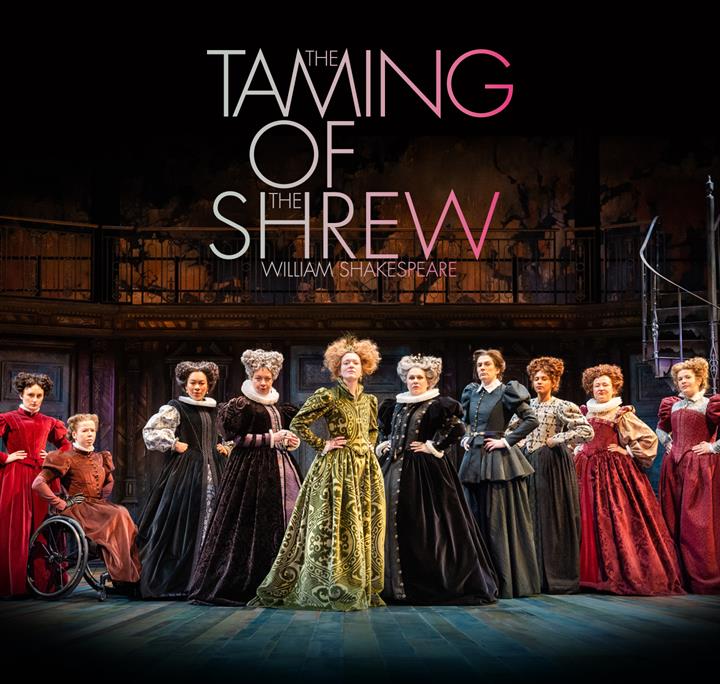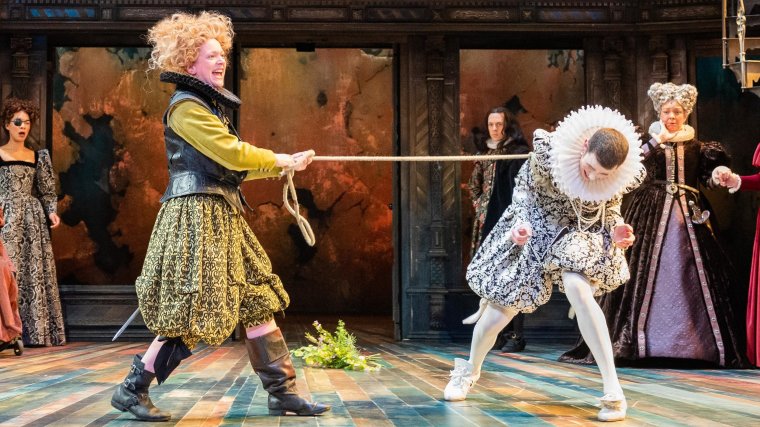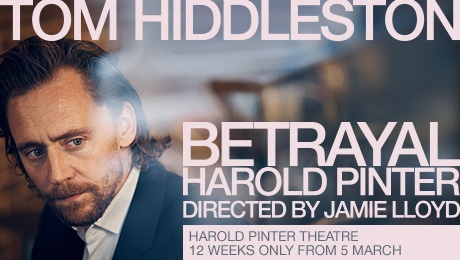An adaption of one of Agatha Christie’s classic novels, A Murder is Announced is a tale full of mistaken identities and hidden back stories.
When an advert appears in the local newspaper for the village of Chipping Cleghorn stating that a murder will take place at 6.30pm at Little Paddocks, the home of Letitia Blacklock, there is naturally a lot of intrigue. When everyone has gathered in the lounge at the appointed time, the lights are fused and shots are heard in the darkness. Inspector Craddock and Sergeant Mellors arrive to solve the mystery. It appears that there are a lot of newcomers in the village, including Miss Marple.
Sarah Thomas was engaging as Miss Marple, with a strong supporting cast. I also particularly liked Karen Drury as Dora Bunner, ‘Bunny’, Letitia Blacklock’s old friend. The set was just one living room which effectively conveyed the 1950s setting.
I haven’t read the book of A Murder is Announced but I thought this was an entertaining production by the Middle Ground Theatre Company, and the play included plenty of classic Christie twists and red herrings.










